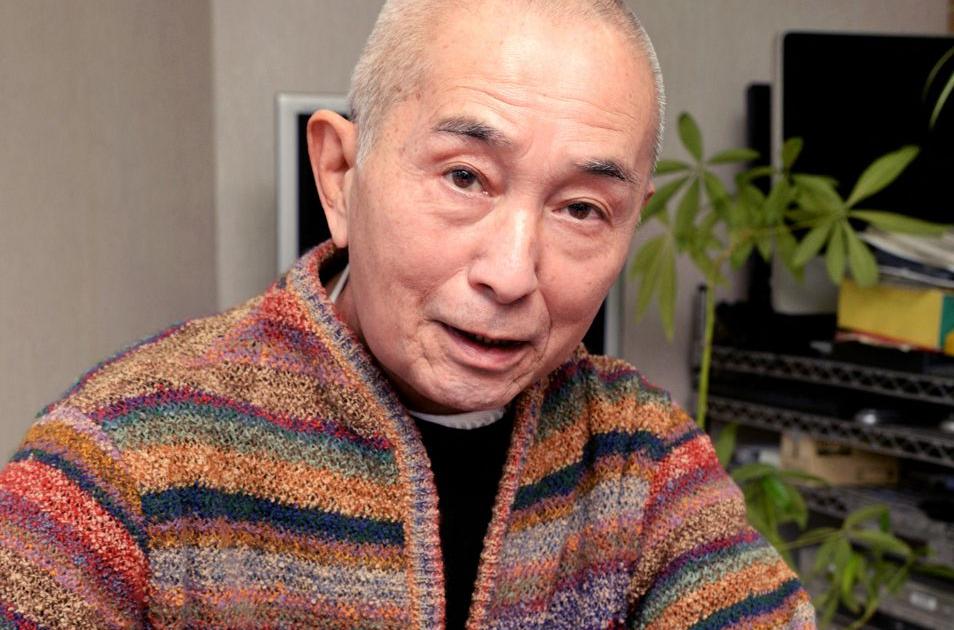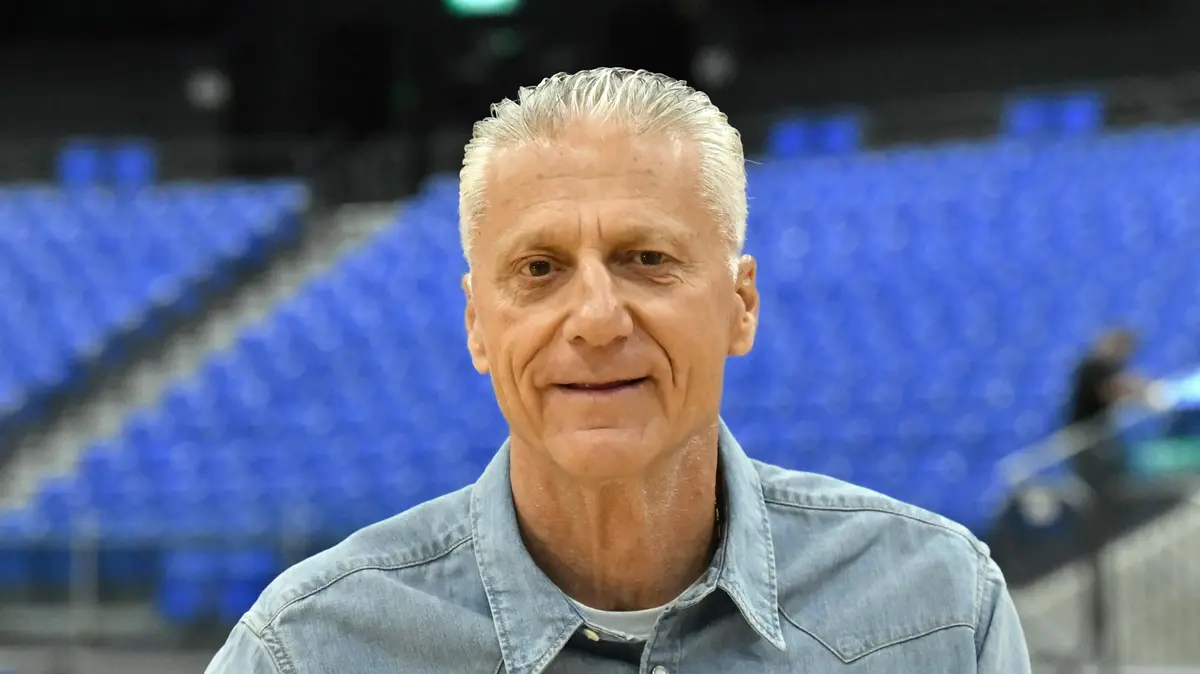culture
in what
The dancer, choreographer and Israel Prize winner Moshe Efrati has passed away
The groundbreaking dancer and choreographer and Israel Prize winner Moshe Efrati passed away this weekend at his home in Tel Aviv.
He was 86 at the time of his death.
He left behind a child.
Yair Vardi: "He was one of the greatest dancers in the country, different, rebellious and wild."
His journalistic friend Neri Livneh: "He was the most interesting man I knew"
Tags
Moshe Efrati
Sagi Ben Nun
Sunday, 27 September 2020, 13:28
Share on Facebook
Share on WhatsApp
Share on general
Share on general
Share on Twitter
Share on Email
0 comments
"He was an interesting, different, rebellious, wild man, and a wonderful dancer."
Dancer and choreographer Moshe Efrati (Photo: Creative Commons)
The groundbreaking dancer and choreographer Moshe Efrati, winner of the Israel Prize for Dance, passed away this weekend at his home in Tel Aviv.
He was 86 at the time of his death.
He left behind a child.
He was laid to rest today (Sunday).
Choreographer Yair Vardi paid tribute to Efrati in a conversation with Walla!
Culture: "He was my mentor at the beginning of my dance career. We spent many hours and days together in the studio. He was one of the greatest dancers in the country, one of Batsheva's veteran soloists and created many works for her, formed the band 'Voice and Silence' and also worked around the world, including France "And did the first dance show filmed for Israeli television. He was an interesting, different man, rebellious, wild, and a wonderful dancer."
Journalist Neri Livneh, who was very friendly with Efrati, tells Walla!
Culture: "He was the most interesting person I knew, and I knew a lot of interesting people. We were neighbors, we met in a cafe near both of us's residence in Rabin Square. I remember the first time I saw him, he looked very strange and bohemian to me with leather vests and beautiful jewelry , Rode a bicycle and continued to ride it until adulthood.
"He is a man who knew everyone, with a phenomenal memory, who was everywhere in the world.
He had knighthoods from all sorts of countries.
He has made an amazing career abroad, around the world, in the Netherlands, France, Spain and the United States. Articles have appeared about him in the world in which he has been mentioned as a prodigy. "Just a fascinating man. In his childhood he was a rebellious poor man, he only saw his father twice in his life. A very sociable, curious man, who knows everything, very angry about what happened to the State of Israel."
"In recent years he has had vision difficulties," Livneh adds.
"He would listen to recorded stories on the radio today, and he was also an excellent painter. He had a stroke and he recovered from it. He was very lonely."
(Promoted Content)
Interesting to live here: the most family-friendly sheltered housing there is
To the full article
"He was one of the first to create an integration between international dance methods and techniques and local, Israeli themes."
Moshe Efrati (screenshot)
Efrati was born in Jerusalem, the sixth generation in Eretz Israel, the son of a mother who worked at the Egyptian consulate in Israel.
His father abandoned the family shortly after his birth.
He started dancing in his youth and studied in a studio run by Hasya Levy-Agron.
In 1958, when she visited the American dancer and choreographer Martha Graham, he appeared before her and received an offer from her for a scholarship at her dance school in New York, and indeed went to study at the institution in 1962.
About two years later he returned to Israel, joined the Batsheva dance troupe, and served there as lead dancer alongside Anna Sheinfeld and Ehud Ben David, and later also as its lead choreographer.
In 1971, Efrati formed the dance troupe, first called "Silence", which was performed by deaf dancers, and later joined by dancers with hearing ability and a different name for "Voice and Silence". The troupe was disbanded in 2001 due to cessation of support from the Ministry of Culture and financial difficulties. In 2001, he suffered a stroke, which led to paralysis in his right limb from which he recovered.
In 2017, Efrati won the Minister of Culture's Award named after Arik Einstein.
The judges' reasoning reads: "Efrati was one of the first to integrate international dance methods and techniques with local, Israeli themes. In addition to his extraordinary work as a dancer, creator and director of the band 'Voice and Silence', Efrati was a collector and documenter, The first in a national project of cataloging and digitizing dance collections in Israel at the National Library, Efrati's contribution to Israeli culture is invaluable, as a unique creative artist, as an unparalleled humanitarian approach in the field of dance, as a researcher of Israeli identity through dance works, ".
Share on Facebook
Share on WhatsApp
Share on general
Share on general
Share on Twitter
Share on Email
0 comments

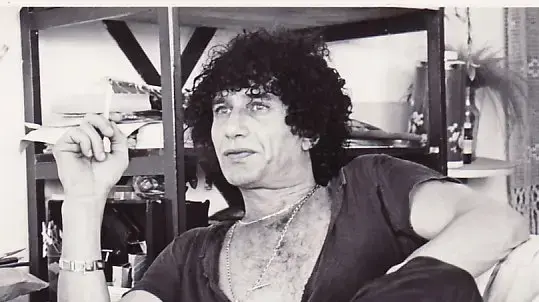
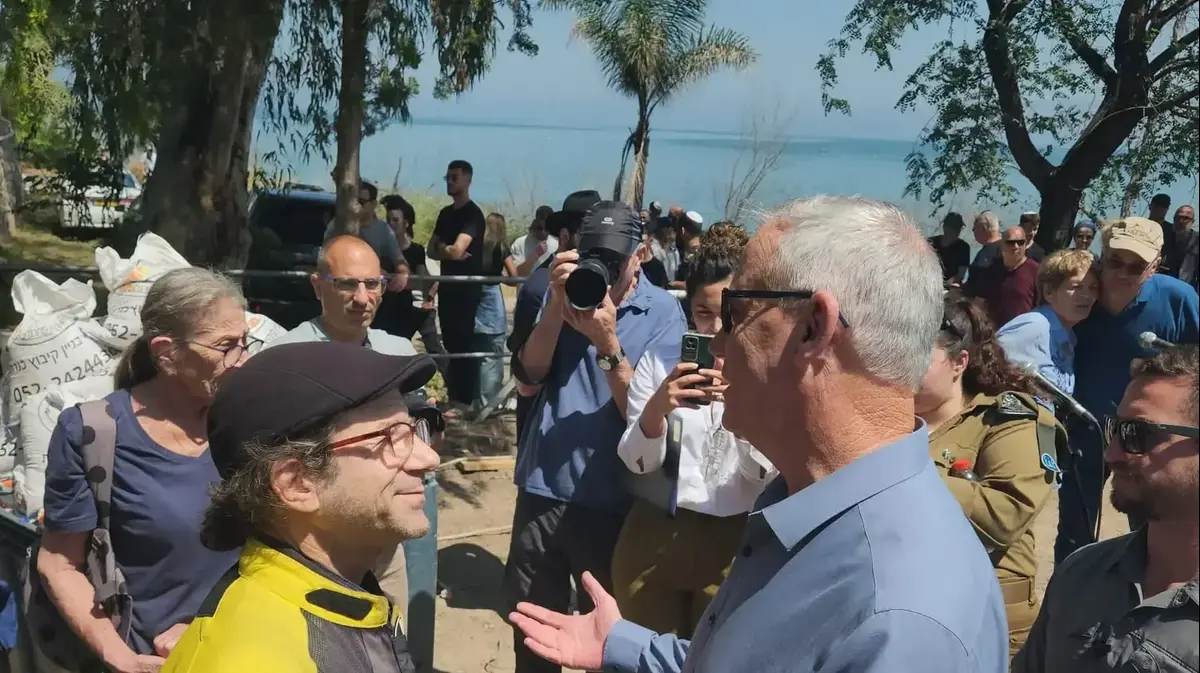
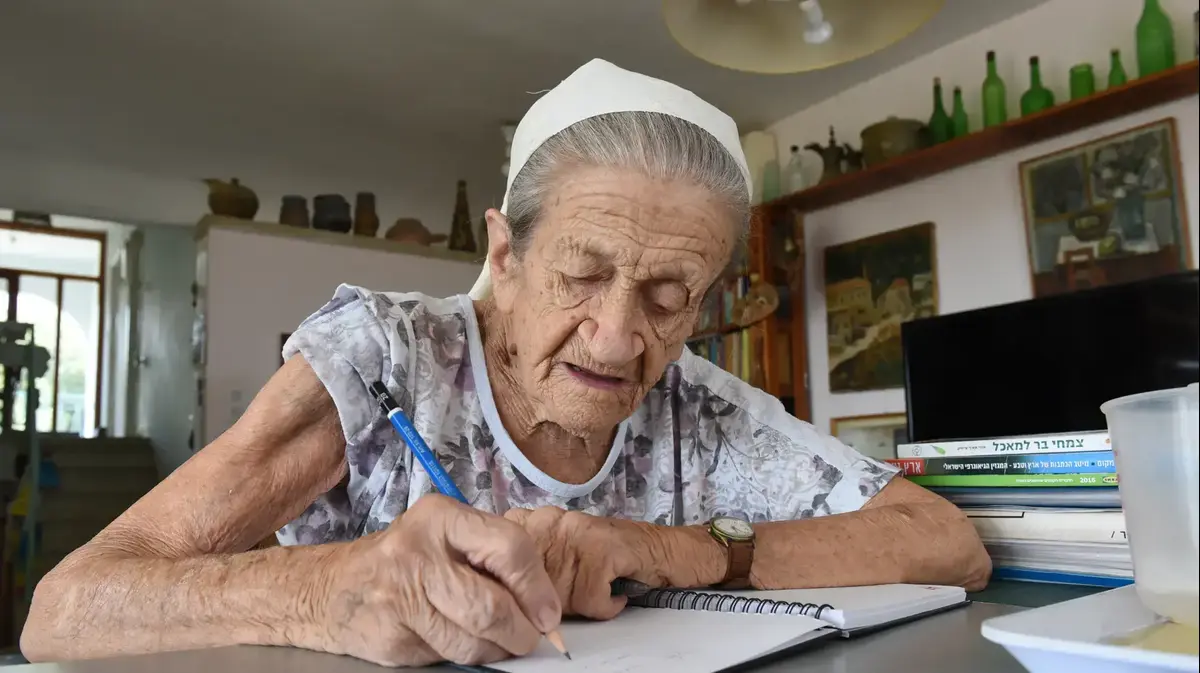

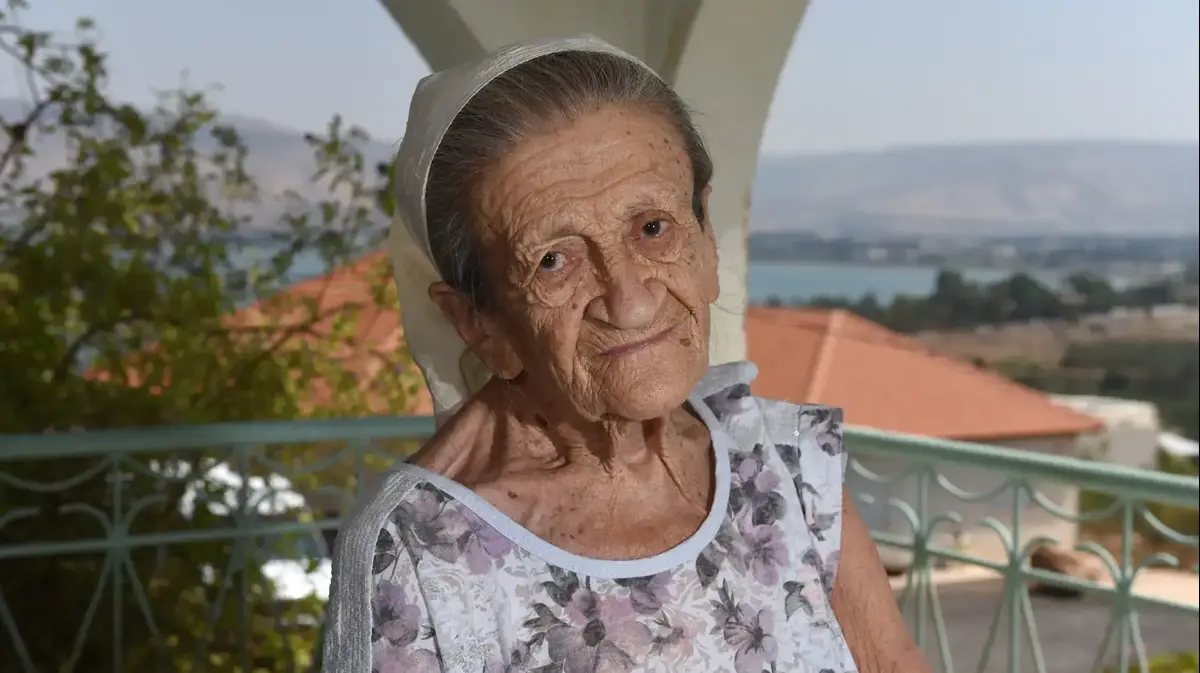
/cloudfront-eu-central-1.images.arcpublishing.com/prisa/4UNLOLSOOJFW3BFSMQTG4S44CY.jpg)

